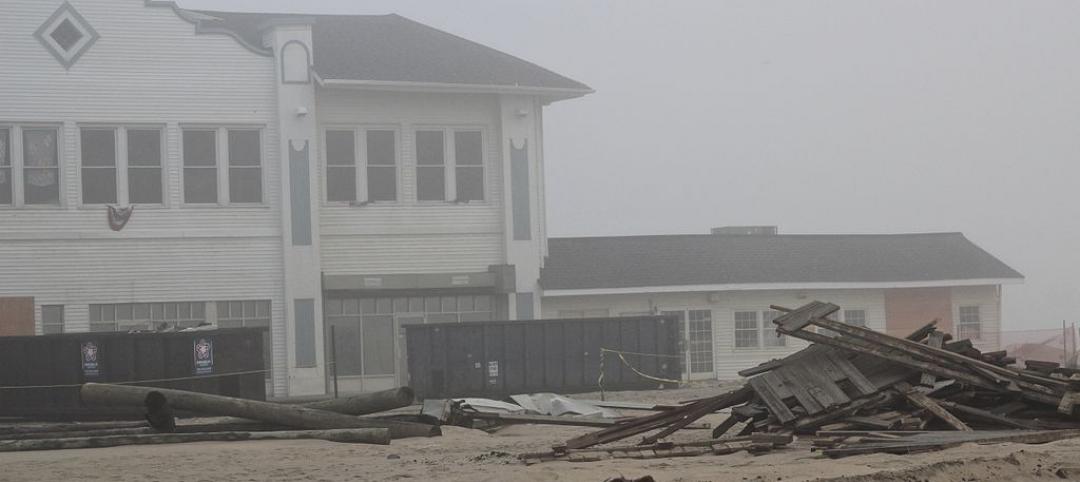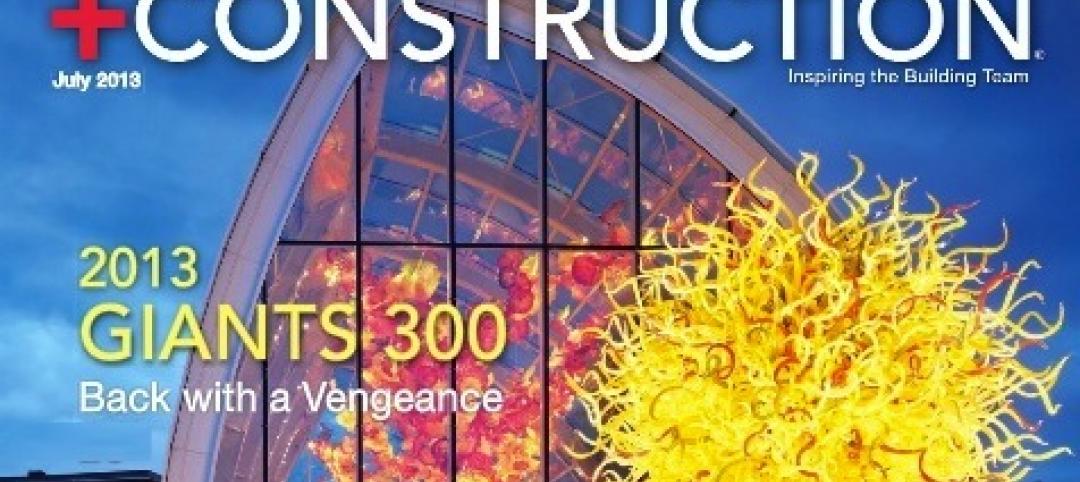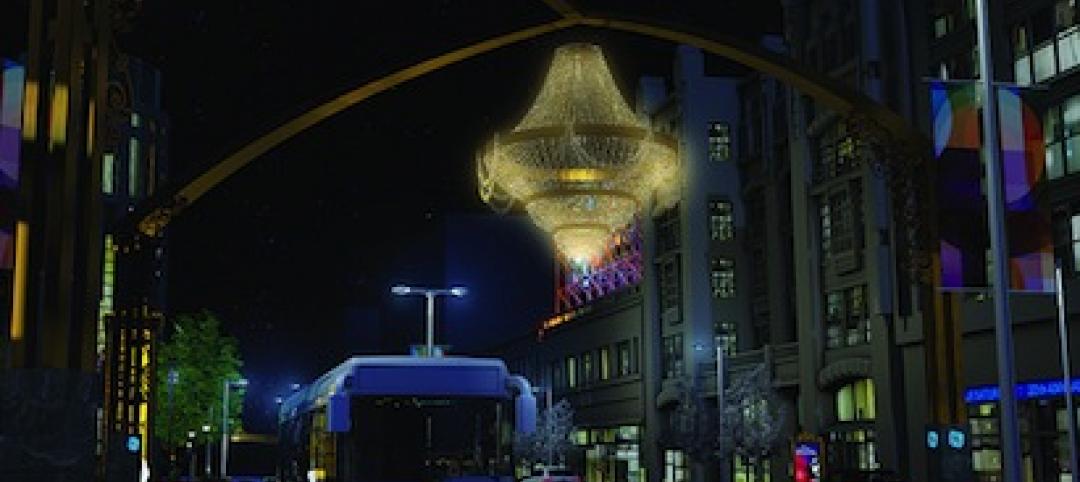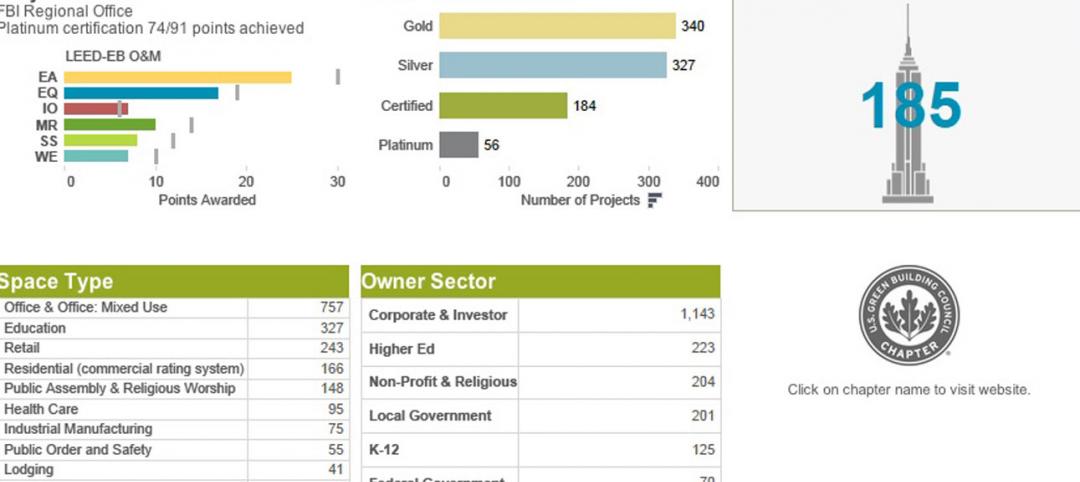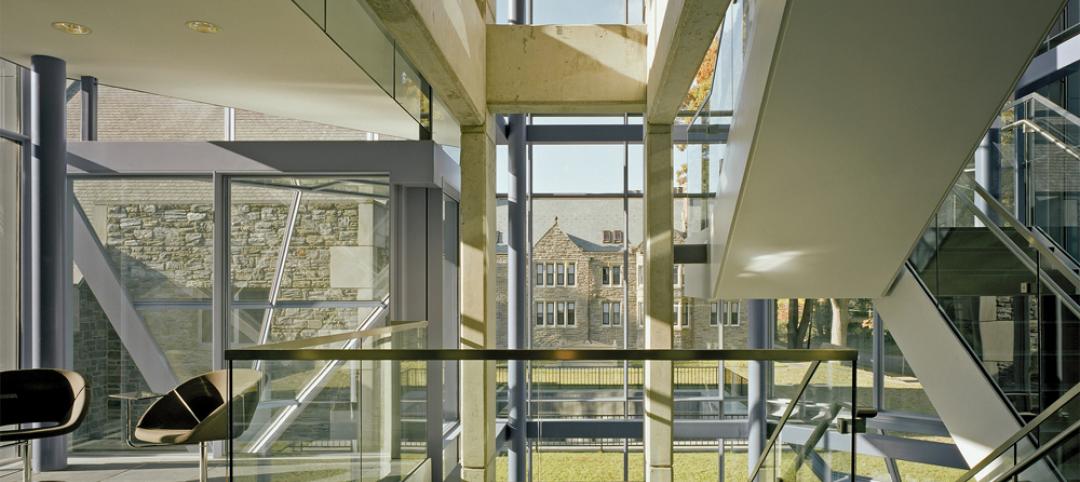Cincinnati Ballet had become a victim of its own success, according to company president and CEO Scott Altman. “We were bursting at the seams in our old building. We had simply outgrown the facility,” Altman told the Cincinnati Enquirer.
In September, Cincinnati Ballet moved into a new home that can accommodate the growing needs of its two dance companies and dance academy: the purpose-built $30.8 million Margaret and Michael Valentine Center for Dance.
Expansive windows allow natural light to fill almost every space in the building, including the offices and the wardrobe department, which had been housed underground in the company’s former home. Some studios look out onto expanses of trees; others offer views of downtown.

At 62,000 square feet, the Margaret and Michael Valentine Center for Dance is more than 60% larger than its previous home. The center includes nine dance studios, one of which has a mobility lift system that provides a new level of mobility to students with physical disabilities. The facility also features large dressing rooms, public lounges, break rooms for performers, a 140-seat performance space, and a recording studio.

The new building consists of nine studios. Photo: Brad Feinknopf

“This new Ballet Center is a dream,” Altman said.
The owners and the architects, GBBN, wanted the open, accessible design to embody Cincinnati Ballet’s mission to break down the stereotype that ballet is only for a certain group of people—and illustrate the idea that dance is for everyone. For its design, GBBN received an AIA Cincinnati Architecture Honor Award.

The Margaret and Michael Valentine Center for Dance joins a local arts district that includes other major cultural institutions, including the Cincinnati Art Museum and the Cincinnati Playhouse in the Park.
Owner: Cincinnati Ballet
Design architect and architect of record: GBBN
MEP engineer: dbHMS
Structural engineer: Schaefer
General contractor/construction manager: Messer Construction
Related Stories
| Jun 12, 2014
Austrian university develops 'inflatable' concrete dome method
Constructing a concrete dome is a costly process, but this may change soon. A team from the Vienna University of Technology has developed a method that allows concrete domes to form with the use of air and steel cables instead of expensive, timber supporting structures.
| Jun 9, 2014
Green Building Initiative launches Green Globes for Sustainable Interiors program
The new program focuses exclusively on the sustainable design and construction of interior spaces in nonresidential buildings and can be pursued by both building owners and individual lessees of commercial spaces.
| May 29, 2014
7 cost-effective ways to make U.S. infrastructure more resilient
Moving critical elements to higher ground and designing for longer lifespans are just some of the ways cities and governments can make infrastructure more resilient to natural disasters and climate change, writes Richard Cavallaro, President of Skanska USA Civil.
| May 20, 2014
Kinetic Architecture: New book explores innovations in active façades
The book, co-authored by Arup's Russell Fortmeyer, illustrates the various ways architects, consultants, and engineers approach energy and comfort by manipulating air, water, and light through the layers of passive and active building envelope systems.
| May 19, 2014
What can architects learn from nature’s 3.8 billion years of experience?
In a new report, HOK and Biomimicry 3.8 partnered to study how lessons from the temperate broadleaf forest biome, which houses many of the world’s largest population centers, can inform the design of the built environment.
| May 13, 2014
19 industry groups team to promote resilient planning and building materials
The industry associations, with more than 700,000 members generating almost $1 trillion in GDP, have issued a joint statement on resilience, pushing design and building solutions for disaster mitigation.
| May 11, 2014
Final call for entries: 2014 Giants 300 survey
BD+C's 2014 Giants 300 survey forms are due Wednesday, May 21. Survey results will be published in our July 2014 issue. The annual Giants 300 Report ranks the top AEC firms in commercial construction, by revenue.
| May 2, 2014
World's largest outdoor chandelier tops reworked streetscape for Cleveland's PlayhouseSquare
Streetscape project includes monumental gateway portals, LED signage, and a new plaza, fire pit, sidewalk café, and alfresco dining area.
| Apr 29, 2014
USGBC launches real-time green building data dashboard
The online data visualization resource highlights green building data for each state and Washington, D.C.
| Apr 16, 2014
Upgrading windows: repair, refurbish, or retrofit [AIA course]
Building Teams must focus on a number of key decisions in order to arrive at the optimal solution: repair the windows in place, remove and refurbish them, or opt for full replacement.







